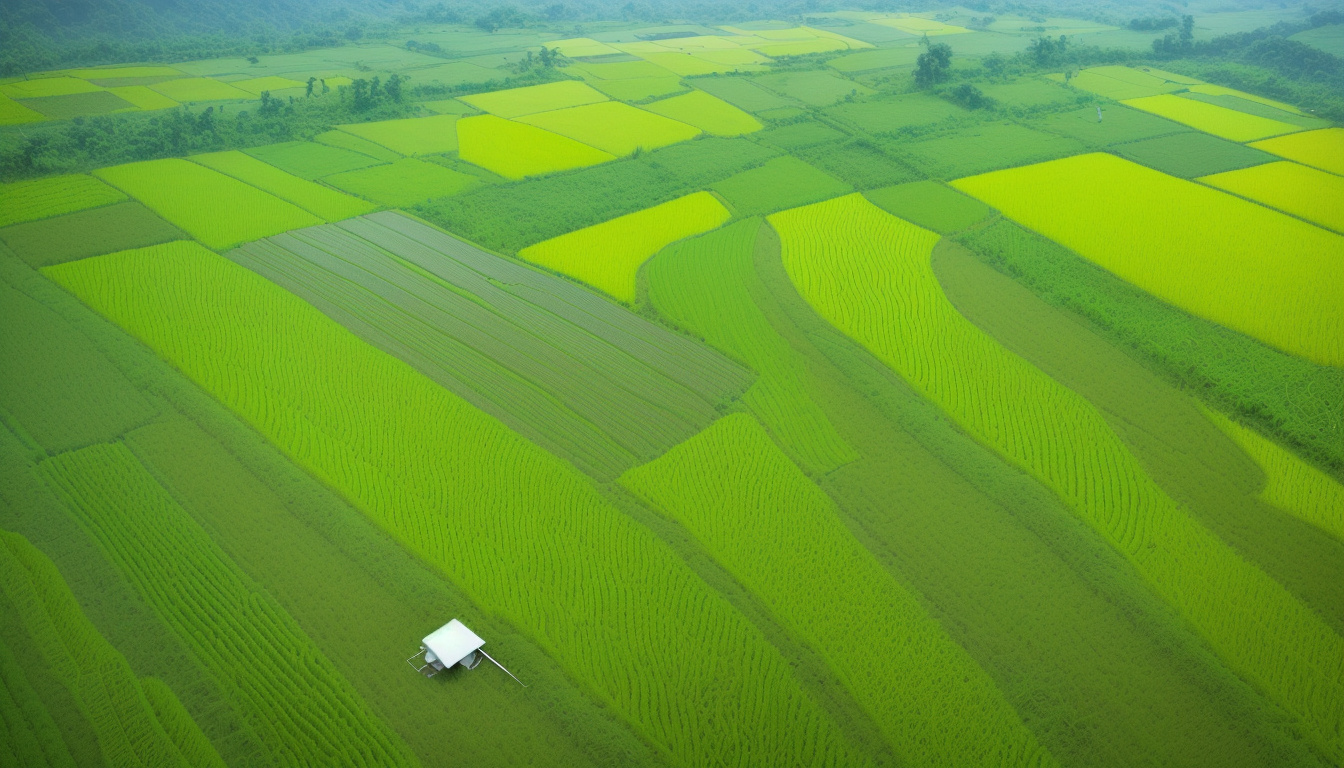Vietnam Harnesses Smart Technology for Sustainable Agricultural Growth
July 7, 2025 — Vietnam is making significant strides in transforming its agricultural sector through the integration of smart technology and biotechnological innovations. This strategic approach targets enhanced productivity, improved product quality, sustainable development, food security, and environmental protection, positioning the nation as a leader in modern, resilient agriculture.
Advancing Agriculture with Biotechnology
Biotechnology has become a cornerstone of Vietnam’s agricultural development, empowering farmers and scientists to confront climate challenges and meet global market demands. Cutting-edge techniques such as genetic engineering, micropropagation, molecular markers, and cell technologies are increasingly implemented to develop crop varieties with superior traits including drought tolerance, disease resistance, and salt resilience. These innovations help counteract threats such as climate change and soil degradation that have historically hindered productivity.
Researchers in Vietnam have achieved breakthroughs in breeding methods by leveraging genome editing and precision genetic modification. These advancements enable the creation of high-yield, high-quality crops and improved livestock breeds, which contribute directly to increased efficiency and value addition within the agricultural supply chain.
Impressive Growth in Agricultural Output and Exports
Vietnam’s commitment to innovation is reflected in its recent agricultural performance. In 2024, crop production rose by 2.2%, while the export value of agricultural commodities reached a notable US$27.38 billion. Major exports—including rice, coffee, vegetables, and rubber—each generated revenues exceeding US$2 billion, underscoring the sector’s expanded global footprint.
The fruit and vegetable segment has been a standout performer, with export values surging from US$1 billion to US$6.2 billion over the past 15 years. Additionally, export revenue per hectare has increased markedly, rising from under VND 100 million to approximately VND 130 million (around US$5,500), which signals improvements in both product quality and farming efficiency.
Policy Framework Supporting Agricultural Innovation
A pivotal factor in Vietnam’s agricultural transformation has been the adoption of the Politburo’s Resolution No. 57-NQ/TW in December 2024. This policy decisively emphasizes science, technology, innovation, and digital transformation as engines of national progress. It lays out a strategic blueprint for enhancing biotechnology applications and scaling up the production of high-quality agricultural products aligned with international standards and the demands of global markets.
The Ministry of Agriculture and Environment is actively reforming regulatory frameworks and policies to foster innovation. Minister Do Duc Duy highlights the significance of administrative reform and emphasizes mobilizing both domestic and international resources to back scientific and technological projects.
Strengthening Science, Talent, and Digital Transformation
The ministry prioritizes key research initiatives in biotechnology and genetic engineering aimed at improving product quality, conserving natural ecosystems, and increasing agricultural value. Moreover, it recognizes the importance of building a skilled workforce capable of sustaining such advancements. Efforts to attract, train, and retain domestic and international agricultural experts are underway as part of a comprehensive talent development strategy.
Simultaneously, Vietnam is accelerating its adoption of digital technologies to modernize agricultural management. Digital tools and smart systems are being deployed to enhance policy planning, production monitoring, and resource management, thereby promoting green, sustainable farming practices that reduce environmental impacts while maximizing productivity.
A Model for Sustainable Agricultural Development
Vietnam’s integration of biotechnology and smart technology exemplifies a forward-looking approach that blends scientific innovation, supportive policy, and human capital development. This holistic strategy not only ensures the nation’s food security but also strengthens its competitiveness in the global agricultural market.
By embracing these advancements, Vietnam is setting a benchmark for sustainable agricultural growth in the region, showcasing how technology-driven innovation can transform traditional farming into a thriving, resilient sector ready to meet the challenges of the future.
This article is part of OpenGov Asia’s coverage on Innovation and Agricultural Technology.
Written by Samaya Dharmaraj, OpenGov Asia










